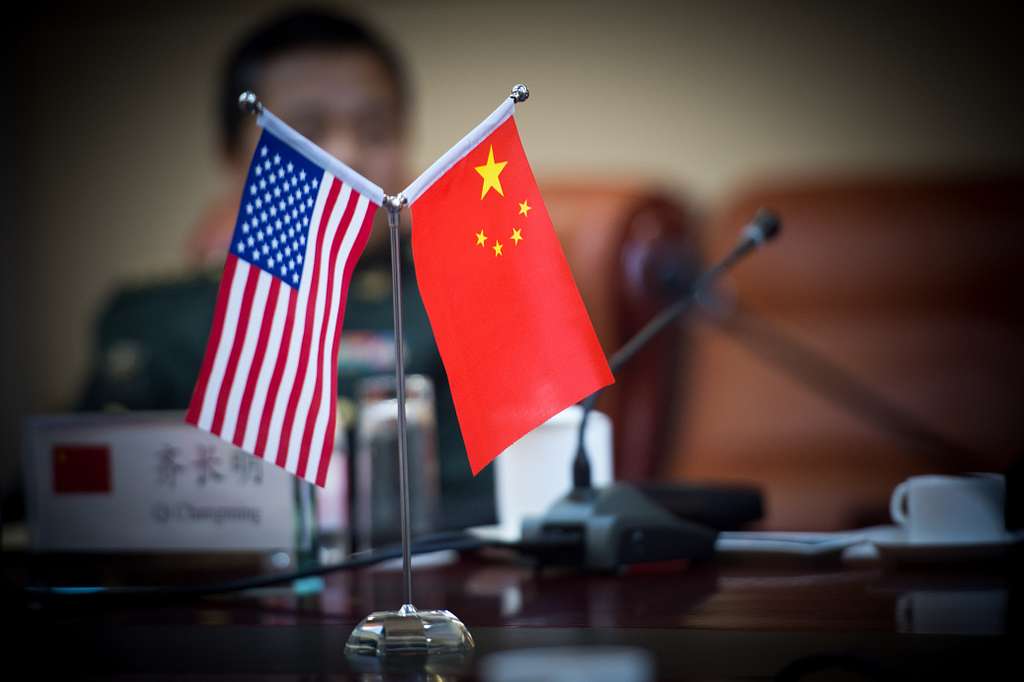Today’s Headlines and Commentary
Lawfare’s daily roundup of national security news and opinion.
The House select committee investigating the Jan. 6 riot issued five new subpoenas on Monday, focusing on allies of former president Trump that planned and financed the rallies, reports NPR. Roger Stone and InfoWars founder Alex Jones were among those subpoenaed. The panel alleged that Stone participated in “Stop the Steal” efforts and Jones helped organize the rally at the Ellipse before the riot.
Gang members from 400 Mawozo in Haiti released two of the 17 foreign missionaries that have been held hostage for more than a month, according to the New York Times. No further information, including the names of those freed or why they were freed, was given.
New York City may soon permit more than 800,000 noncitizens to vote in municipal elections and ballot initiatives, writes the New York Times. Noncitizens include individuals with green cards or have the legal right to work in the United States. The bill, known as “Our City, Our Vote,” is expected to pass through the veto-proof majority of 34 out of 51 City Council members. The bill will likely set off a wave of initiatives to both expand and restrict voting rights in other cities and states.
President Biden is considering whether to send military advisers and weaponry to Ukraine as the increase of Russian forces on that country’s border poses the threat of invasion, according to CNN. The proposed lethal aid package from the United States to Ukraine could contain new Javelin anti-tank and anti-armor missiles, stinger missiles and helicopters. However, the Biden administration is concerned that sending weapons to Ukraine would be perceived by Russia as a major escalation.
Darell Brooks, the 39-year-old suspected of driving his SUV into a Christmas parade in Waukesha, Wisconsin, was released from police custody just five days before the deadly incident after posting bail in another case, says the Washington Post. Before the crash, Brooks had two open cases—one over allegations that Brooks ran over the mother of his child with his car on Nov. 2 and another for firing a gun in a physical altercation with his nephew in July 2020. The district attorney’s office said the $1,000 cash bail was “inappropriately low,” and said they are conducting an internal review of the bail recommendation in Brooks’ case.
Tony Chung, a 20-year-old student activist, was sentenced to a total of three years and seven months in prison after being tried under the city’s strict new national security laws, writes BBC. Ching was detained while possibly attempting to seek asylum at the U.S. consulate in Hong Kong. The charges included the possession of materials and social media posts promoting Hong Kong’s independence from China. The national security law, imposed by China on Hong Kong in June 2020, criminalizes subversion and facilitates the apprehension of pro-democracy demonstrators and activists.
Jurors began their third day of deliberations Tuesday in the civil case involving white nationalists who organized the deadly “Unite the Right” rally in Charlottesville, Virginia, in 2017, according to AP News. The jury indicated they may have trouble agreeing on several allegations in the lawsuit, sending a note to Judge Norman Moon Monday asking: “If we cannot come to a unanimous decision on the first three claims, do we still decide on Claims 4, 5 and 6?”
Bulgarian President Rumen Radev drew criticism from the United States on Monday for his remarks that referred to Crimea as “Russian,” reports Reuters. The peninsula was annexed by Russia from Ukraine in 2014, but the United States, the G7, the European Union and NATO still consider Crimea as part of Ukraine. Radev’s supporters argue that the president’s comments were only meant to appease Bulgarian voters who sympathize with Russia.
ICYMI: Yesterday on Lawfare
Jen Patja Howell shared an episode of the Lawfare Podcast in which Alexander Vindman sat down with Dr. Mary Sarotte to discuss how decisions by the United States, Russia and the European Union impacted NATO expansion and today’s geopolitical environment.
Arthur P.B. Laudrain analyzed how France is preparing to counter foreign interference and hostile information operations ahead of key elections.
Alvaro Marañon and Stephanie Pell wrote on the “whole-of-government” approach the United States government has adopted to combat ransomware.
Email the Roundup Team noteworthy law and security-related articles to include, and follow us on Twitter and Facebook for additional commentary on these issues. Sign up to receive Lawfare in your inbox. Visit our Events Calendar to learn about upcoming national security events, and check out relevant job openings on our Job Board.





